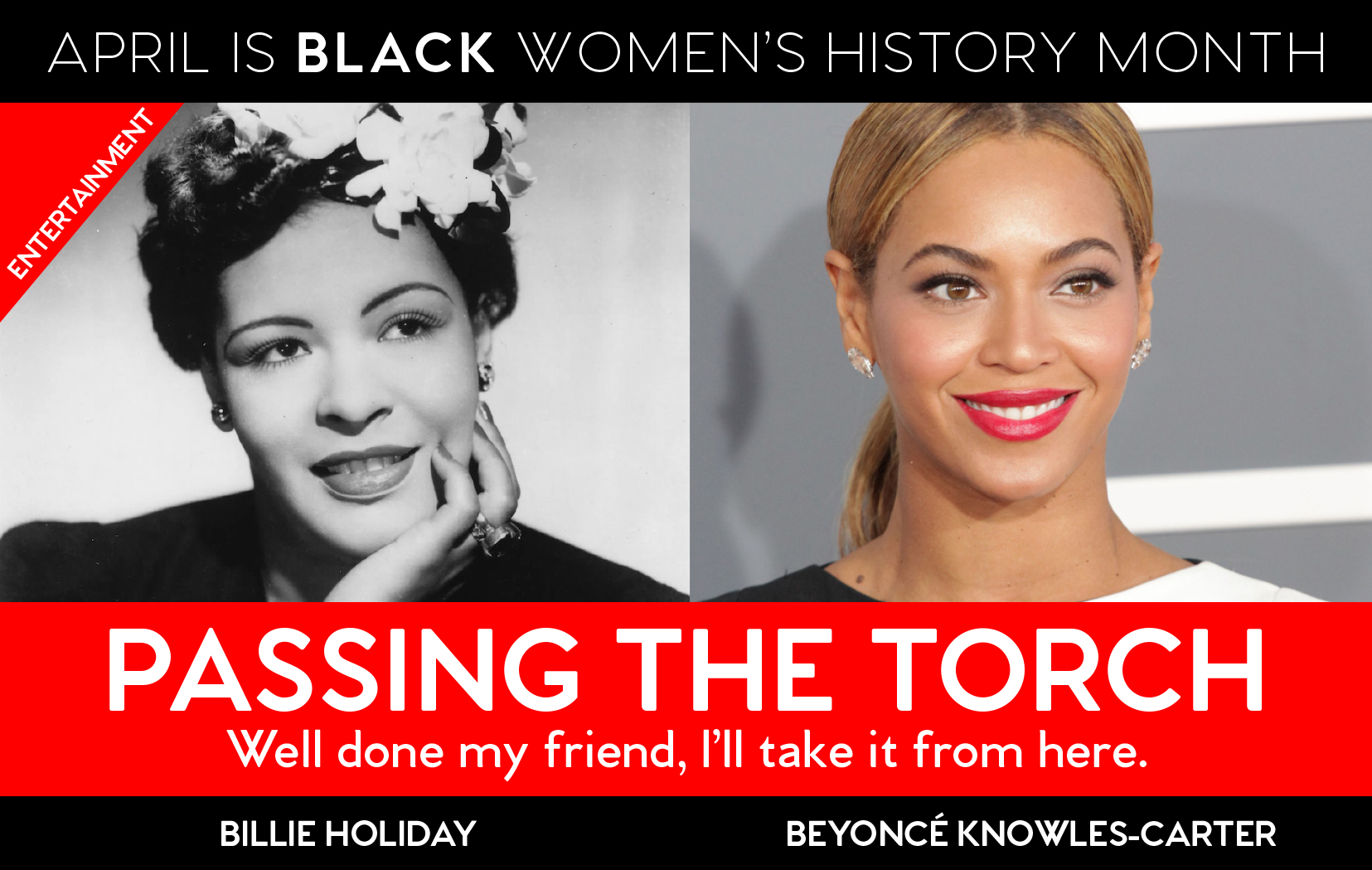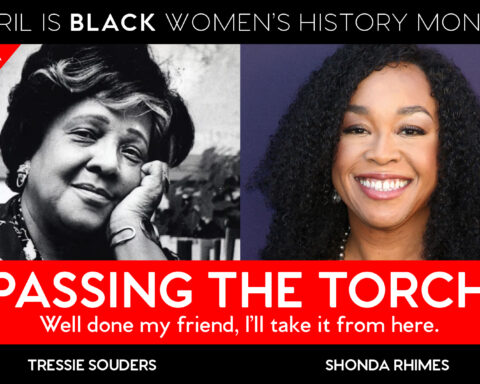Arguably the greatest jazz vocalist of all time, Billie Holiday left behind a legacy that has been unparalleled by anyone else. Following in her footsteps is the legendary Beyonce Knowles-Carter.
Born in 1915 in Baltimore, Maryland, Holiday was raised by her mother, and the two lived in extreme poverty. When she was only in the fifth grade, she found a job working at a brothel, not as a prostitute, although she would later be arrested for such.
Looking for a job as a dancer, Holiday ended up auditioning for a singer position instead, wowing the owner with her talent. She began singing at a number of popular jazz clubs, and ended up getting a rave review by jazz writer and producer John Hammond, who said Holiday was the greatest singer he had ever heard. It was at this point that her career took a turn, and Holiday went on to work with Benny Goodman, Teddy Wilson, Duke Ellington, Ben Webster and saxophonist Lester Young.
Young and Holiday would go on to collaborate and create some of her greatest hits such as “This Year’s Kisses” and “Mean to Me.” After the release of her acclaimed 1939 song “Strange Fruit,” Holiday’s career took an even greater turn. The song was about the heinous lynchings of the time and condemned such acts of racism, as did many of her other songs. Although Holiday struggled most of her life with drug addiction, amongst other things, it is because of the pain she suffered throughout her life that she was such an unparalleled performer. Her legacy is one of truth and advocacy that sings out against the injustices she and so many others had to endure.
Someone of a different generation, but of arguably equal notoriety, is the world-renowned, multi-genre artist Beyonce Knowles-Carter.
It was 1981 in Houston, Texas that Beyonce Giselle Knowles was born to parents Mathew and Celestine Ann Knowles. Performing by the age of seven, Knowles became the lead singer for girl group Girl’s Tyme at the age of nine. By 1995, the group was offered a contract, and it was the following year that they changed their name to Destiny’s Child. In 1998 they released their self-titled, debut album, “Destiny’s Child.” The group’s rise to fame was swift from that point on, and the group was even asked to perform at the White House in 2001. Later that year, Knowles also won “2001 Songwriter of the Year” from the American Society of Composers, Authors and Publishers, making her the first African American and second woman to ever receive the award.
Knowles began her acting career shortly thereafter, appearing in films such as “Austin Powers in Goldmember,” “The Pink Panther,” “Dream Girls” and “Obsessed.” In 2003 she released her first solo album, “Dangerously in Love,” which won five Grammy awards. Then in 2005 she and her mother launched a clothing line, “House of Dereon,” named after Knowles’ grandmother.
This is also the time that Knowles started placing more of an emphasis on philanthropic endeavors, founding the Survivor Foundation in an effort to help Hurricane Katrina victims. She even released an album, “Lemonade,” which made multiple references to the Black Lives Matter movement, Hurricane Katrina and more. The music video for “Formation,” a song off the album, takes place in Louisiana, even replicating the floodwaters of Katrina during parts of the video.
A household name, Beyonce has already made such a significant impact not only as a musical artist but also as an activist and philanthropist, leaving behind a legacy that is not soon to be forgotten.





